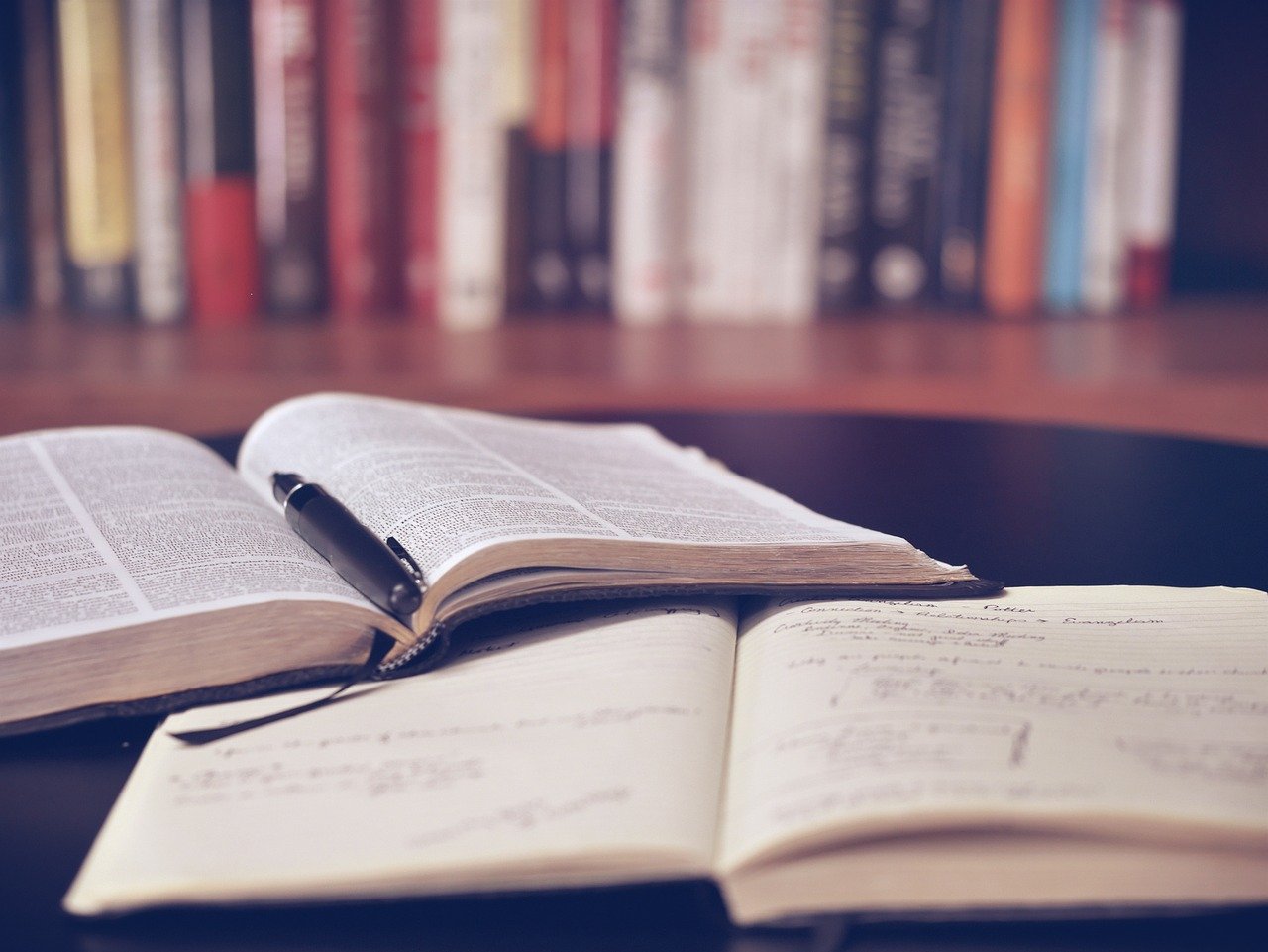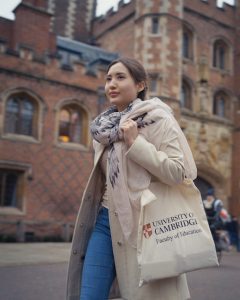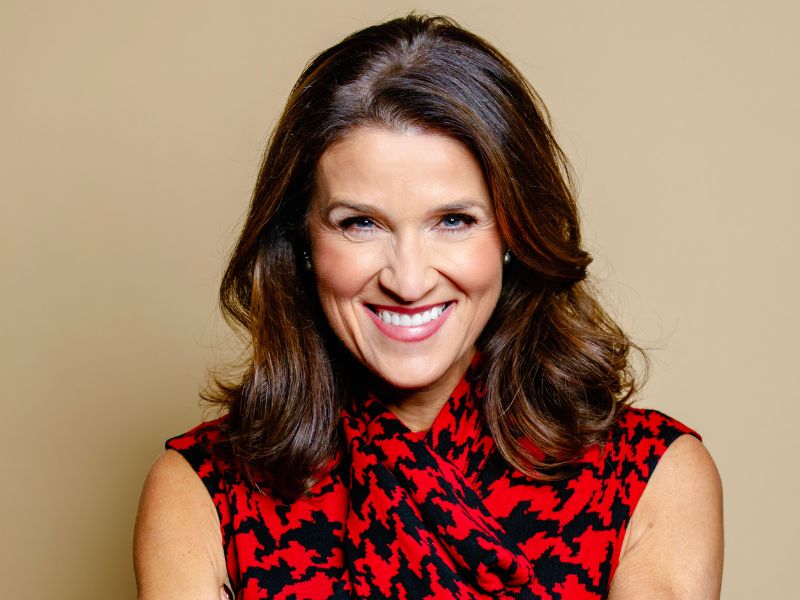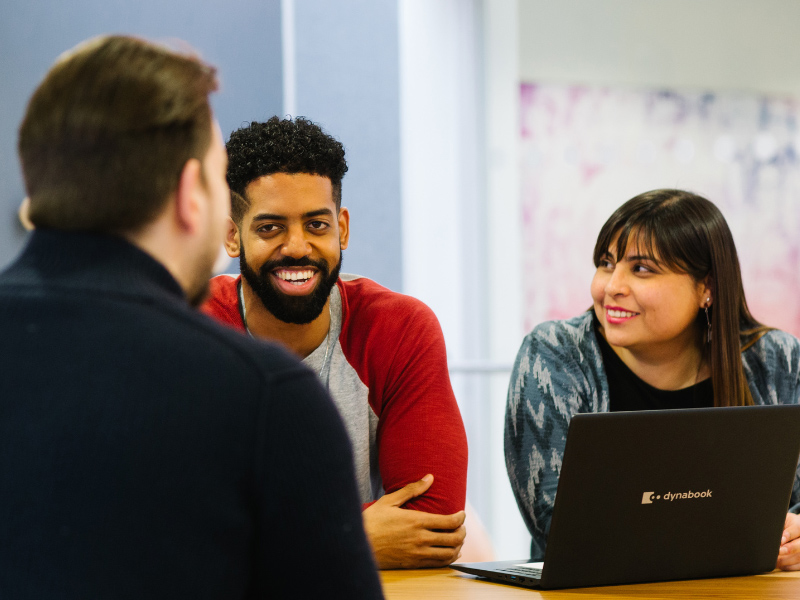 One of the main challenges that people have faced since the outbreak of COVID-19 is self-isolation and social distancing.
One of the main challenges that people have faced since the outbreak of COVID-19 is self-isolation and social distancing.
We have to spend a majority of time indoors without regular contact with others, with some people losing their jobs, and those who can work online often noticing that their productivity is going down. All parts of social and work life are affected for the unforeseeable future.
However, some people have been living like that long before the outbreak of the global pandemic crisis. Individuals with disabilities in many countries remain a neglected group, living in segregated societies and places not adjusted for their needs. Cities in Kazakhstan, as well as in many other countries, are not disability-friendly and commuting independently is almost impossible. Therefore, they stay at home most of the time, having limited opportunities for socializing and almost no chances of finding a decent job. So, what we now see as disturbing consequences of the crisis, for many, has long been a reality. The isolation of people with disabilities is something we should now understand more and a phenomenon we aim to eradicate.
Building inclusive societies where every individual despite racial, ethnic, religious, socio-economic, health-related and other differences can equally participate in social, political, economic, and cultural life has become a direction of most progressing liberal democracies. The UN (and all related UN agencies) promotes the globally accepted commitments of building inclusive societies, and one pathway for this is inclusive education. This involves removing barriers to education, ensuring meaningful participation for all learners, especially those at risk of exclusion and segregation. Most countries in the world are increasingly developing conditions for inclusive schooling. Among top-priority groups are children with disabilities and special needs, who remain the most vulnerable and stigmatized learners.
The first time I heard about inclusive education in my country, Kazakhstan, was four years ago, after volunteering for children with special needs and disabilities. I was volunteering eight years ago as a clown in hospitals, and then as a teacher for children from low-income households, migrant backgrounds, and religious schools. While providing entertainment and educational opportunities for these kids, I learned how smart and full of potential they were, but also how inequality affected their lives and learning prospects. From then, I decided to learn more about inclusive schooling in Kazakhstan.
Only a small percentage of school-aged children with disabilities in Kazakhstan get a quality inclusive education in a mainstream school. Most learners with disabilities and special needs are educated at home on a long-term basis, isolated from their peers, or attend special schools, which are often located far from their families and communities. Home-schooling implies regular visits from teachers to deliver instruction at home, but, in reality, teachers visit only a few times a week or month. And studying in special schools or in special classrooms in mainstream schools provides little chances for socializing with peers or gaining competitive skills and knowledge to success in adult life.
One per cent of individuals with disabilities in Kazakhstan make it to the university; the remaining 99% can hope for some technical-vocational training at most, but a more common scenario involves them staying at home, uneducated, after completing basic secondary education. Lastly, institutionalization remains high and children with disabilities living in psychiatric-neurological institutions receive very little or no education at all.
Inclusive education has been actively developing throughout the last decade. Enrollment of students with special needs to mainstream school is increasing, and the conditions for inclusion keep developing. One day, the next generation will benefit from this reform, but many young people today remain in the darkness of an ableist stigmatized society.
At present, Nazarbayev University has made adjustments to ensure education is more accessible. The library was adjusted for students with visual impairments with special easy-to-follow paths and navigation equipment. There is also a café on campus which employs mostly people with mental disorders and special needs to contribute to social destigmatization and normalizing disabilities in the workplace. Hopefully, one day this will become a common picture in our society.
What COVID-19 shows is that it is a very lonely place to be when you cannot go out to see your friends in a bar, have a walk in the park with a date, or meet colleagues at the office for a cup of morning coffee. But we know once the lockdown is over, we will get back to normal. But how would you feel if you could never do those things, just because going outside is a major challenge?
You may be wishing the quarantine was over so that you could drop your kids to the nursery or school and have some time for yourself or your work. But for some, going to school is not an option at all. These difficult times should make us be more aware of daily struggles of people with disabilities living in segregated societies and prove, once again, that inclusion is one of the most important movements of this century and everyone’s responsibility.
 About the author
About the author
Kamila Rollan is an alum of Nazarbayev University’s Graduate School of Education and co-founder of ‘Education For All’; a non-profit organisation focused on supporting inclusive education development in Kazakhstan. It was while studying a Master’s at Nazarbayev University that Kamila saw an opportunity to help marginalized youth gain access to school and education. She is currently a PhD candidate at the University of Cambridge.
WeAreTheCity covers the latest female centric news stories from around the world, focusing on women in business, careers and current affairs. You can find all the latest gender news here.
Don’t forget, you can also follow us via our social media channels for the latest up-to-date gender news. Click to follow us on Twitter, Facebook, Instagram, and YouTube.








